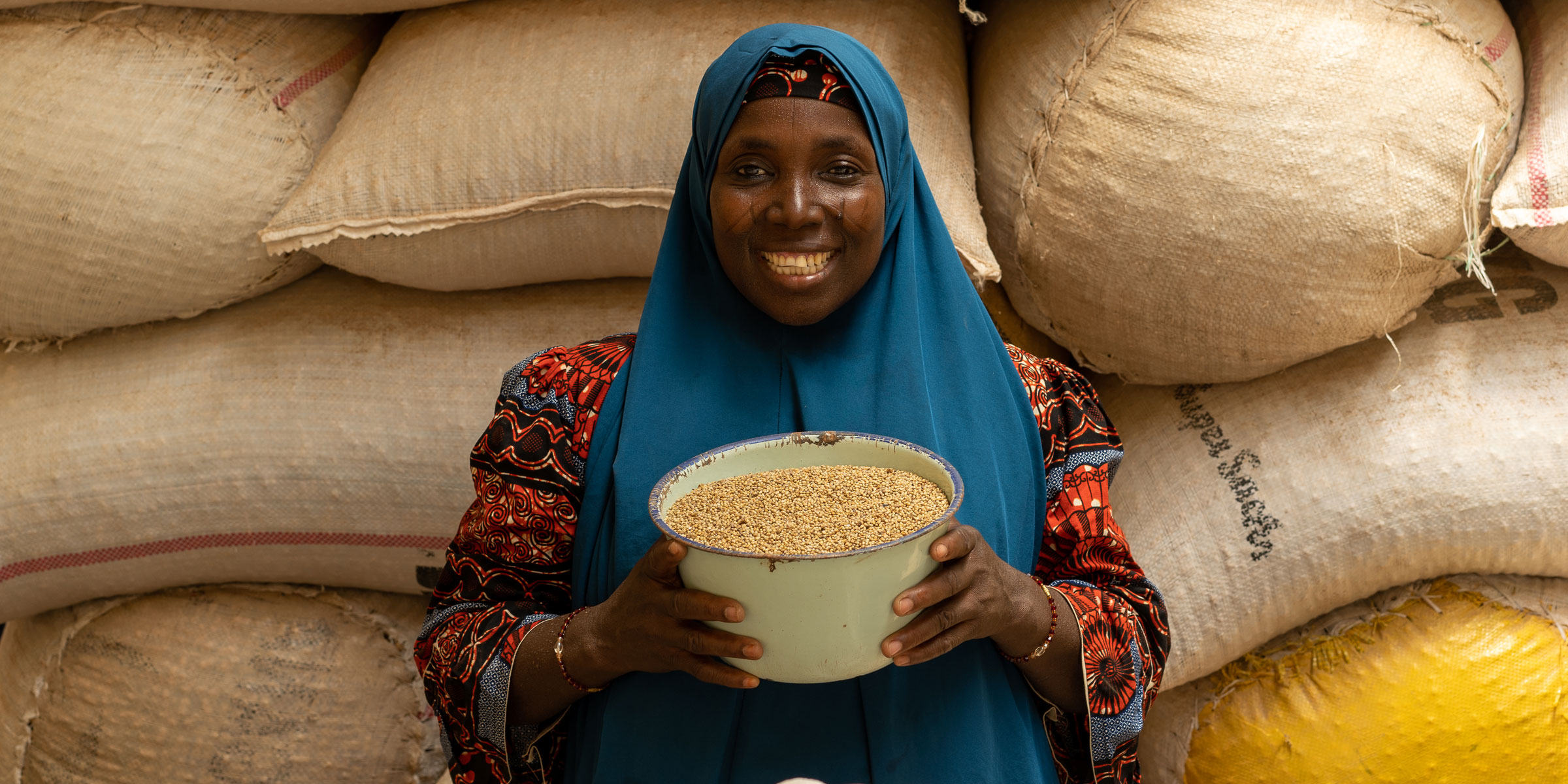-
Closeout Feature Page
Strengthening Niger’s Resiliency

MCC's $442.6 million Niger Compact improved the agriculture sector in Niger at every level and it is projected to benefit more than 4 million people over the next 20 years.
Niger Compact
The Niger Compact's end date was January 26, 2024. The compact is now closed.

